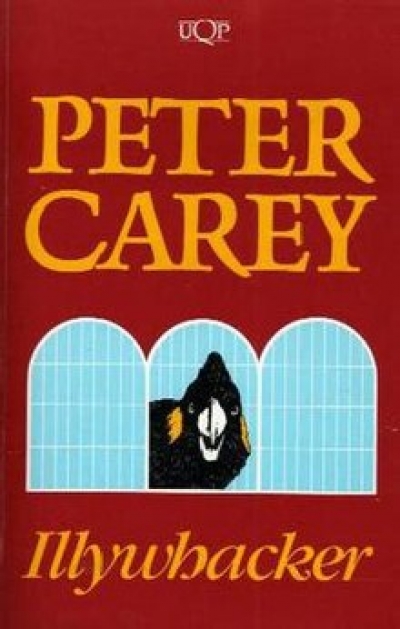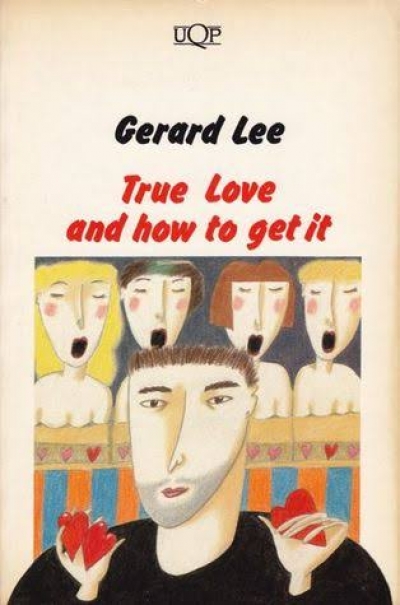Peter Carey
An Illywhacker, Peter Carey reminds us at the start of his latest and by far his longest novel, is a trickster or spieler. Wilkes cites it in Kylie Tennant’s famous novel of 1941, The Battlers. The other epigraph to the novel is also preoccupied with deception and is familiar to anyone who knows Carey’s work: Brian Kiernan used it as the title of his anthology of new Australian short story writers, The Most Beautiful Lies, an anthology in which Carey himself was represented: It is from Mark Twain and reads in part: ‘Australian history … does not read like history, but like the most beautiful lies; and all of a fresh new sort, no mouldy old stale ones. It is full of surprises and adventures, the incongruities, and contradictions, and incredibilities; but they are all true, they all happened.’
... (read more)True Love and How to Get It by Gerard Lee & Bliss by Peter Carey
Peter Carey’s first novel, Bliss, will be self-recommending to all admirers of his astonishing short stories. The Fat Man in History and the even better War Crimes mark Carey as the most genuinely original of our storytellers – a fabulist and, in some corners of his imagination, a surrealist of disturbing power. Part of his achievement and, arguably, a sign of his freshness of vision is that his fictions manage so adroitly to slip through the critic’s webs of explication. They tend to resist any simple yielding up of their inner meaning at the same time as they touch the nerves of our general experience and social fears. The central figures of his narratives are typically trapped in the labyrinths of their obsessions or delusions, they are solitaries, often, like the fat men in the title story, both victims and perpetrators of their condition.
... (read more)


